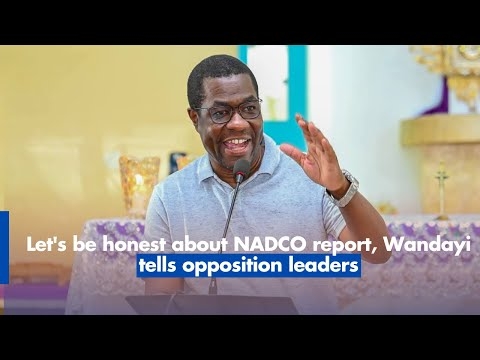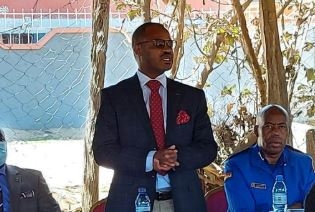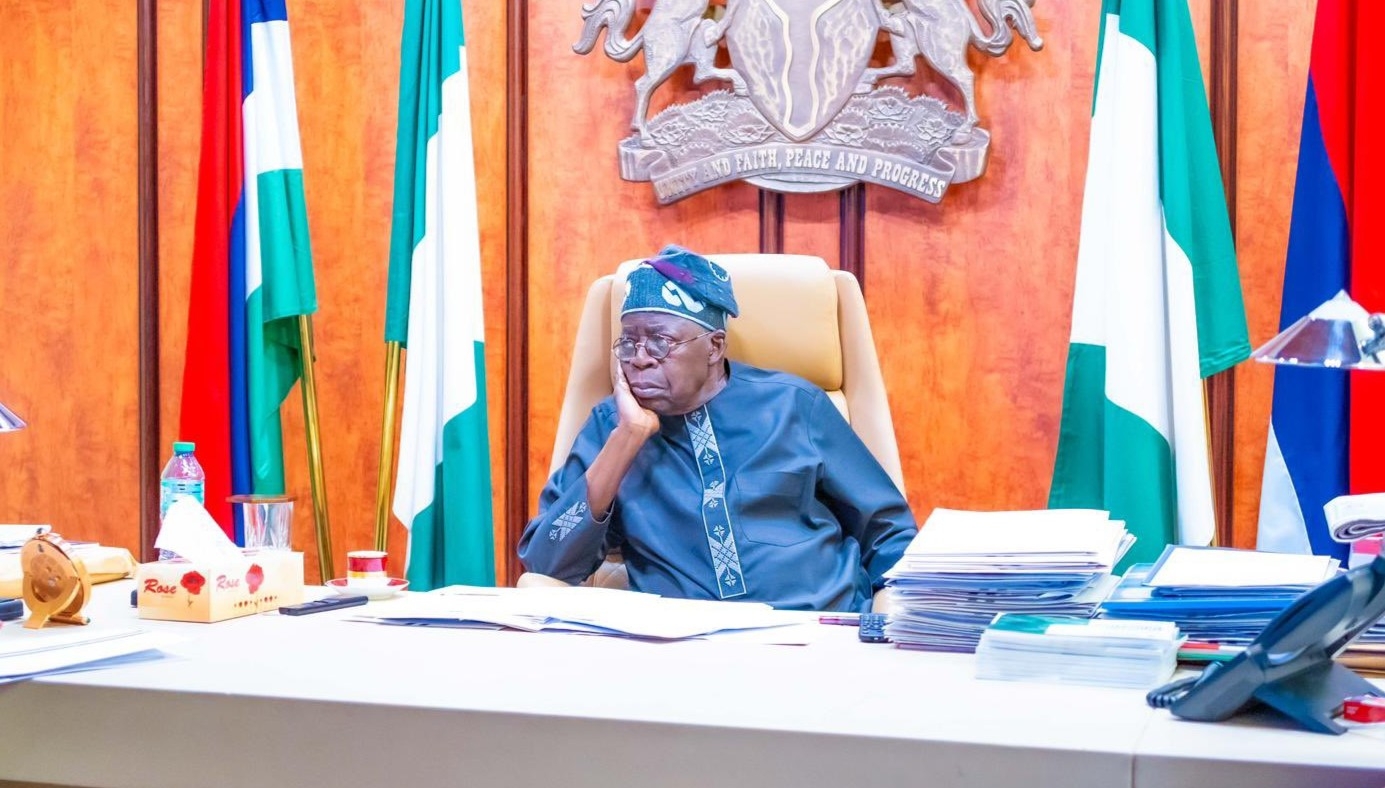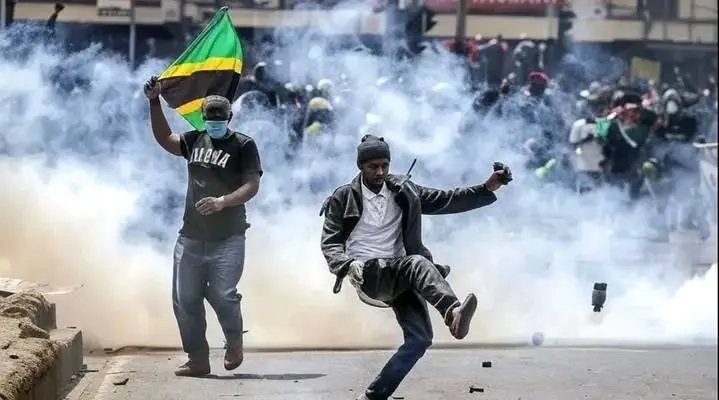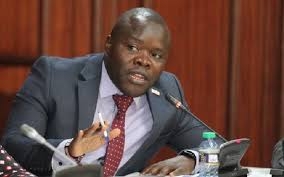The Football Kenya Federation (FKF) has lifted the lid on the state of four local footballers, whose passports are currently being held by the Italian Embassy.
The Kenyan international players were scheduled for trials in Italy.
However, FKF alleges that the players submitted forged FKF letterhead and a fake FKF CEO, Barry Otieno’s signature during their visa applications.
The Italian Embassy reportedly confiscated their passports, after contacting the federation with investigations ongoing.
The FKF say it has identified a former player living abroad, an official from a National Super League (NSL) club, and the players' agents as the masterminds behind this forgery.
Further scrutiny pins two club chairpersons from a local club as the main culprits in the fiasco.
In response, the FKF has begun disciplinary proceedings against those suspected of falsifying the documents.
According to a top FKF official, the federation had remained silence on the matter as they tried to solve the issue internally in conjunction with the Italian Embassy.
However, the players reportedly messed up by peddling a different version of the story to the public domain and media. One of the players had claimed he had legit documents, but his name was shortchange in the Embassy to deny him the chance.
This is not the first time players have been involved in the forgery of documentation to gain access abroad for greener pastures.
In 2019, a Kenyan international was shipped out by then FKF Robert CEO Muthomi with documents indicating he was a football fan going to watch Afcon. He was chasing a lucrative deal with a top Egyptian, and his agents wanted to sideline the club on negotiations.
Previously, a former AFC Leopards player en route for trials in Europa was caught in procession of an extra passport with a forged date of birth, while a Gor Mahia player managed to sign for a Zambian side, with alleged forged club documents.
While the players remain grounded unable to play out of the borders for club and country, if found guilty of forgery they face being banned from visit the European country or even worse a jail term.
The proceedings have raised eyebrows from the public about whether there are underlying issues within the system that push players to take such drastic measures while pursuing their dreams.





